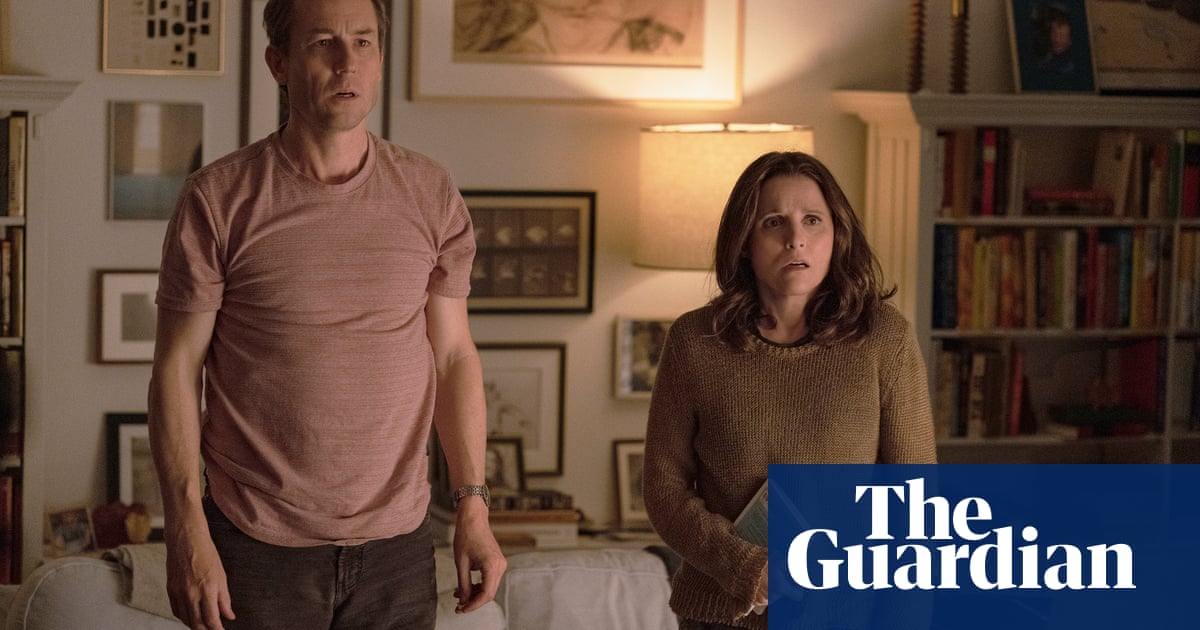
‘So do you sing?” Scottish star tenor Nicky Spence asks, smiling encouragingly. We’re talking in the marble bowels of a Mayfair hotel after a preview screening of Sky Arts’ new four-part series Anyone Can Sing – and this isn’t how the conversation was supposed to go. I find myself confessing my embarrassment about being an opera historian and music critic who, no, does not sing. And about the time I sang a folk song in a school music competition, crossing the fine line between the just-tolerated nerdery of a teenage violinist and instant social death. “I love you for that!”, he squeals, as I recoil from the horror dredged up from over 20 years ago.
That single solo outing aside, I enjoyed singing in choirs as a child. But these days I’m long out of the habit and will do anything to avoid having to sing on my own in front of others. I’m far from alone, of course, which is where Sky Arts’ series comes in.
Created in partnership with English National Opera, Anyone Can Sing is TV with a mission. Three vocal coaches – Spence, mezzo-soprano Sarah Pring and countertenor Michael Harper – have three months to provide a “musical SAS” for six participants drawn from what the show’s narrator cheerfully calls “the nation’s vocally challenged”. The hope is to demonstrate that, as the title proclaims, anyone can sing.
You’d be forgiven for remaining sceptical in the first episode. There’s a painful compilation of some of the show’s 600+ applicants offering up their best “La”, the results more Florence Foster Jenkins than Frank Sinatra. Beverley, a publican from North Wales, auditions with a few seconds of Stand by Your Man. “At points it looked like you were having a procedure done”, Spence ventures. “Well it’s the first time I’ve sung it sober”, retorts Beverley. Pring gently asks Chris – long hair, big beard, loud shirt – why he thinks he can’t sing. “I’ve listened to myself”, he says with a shrug. And Ellen, a priest and the first female dean of King’s College London, admits she hasn’t sung in front of anyone for 30 years. Her verdict after lesson one with Spence? “They say anyone can sing … I’m not yet convinced.”
But what is it about singing that can reduce us so swiftly to shame and silence? Singing, Spence reckons, gets to “the essence of somebody. It’s like putting your soul on a dinner plate in front of you. You have to let go of all bodily functions to be able to sing well.”
That takes confidence, clearly – and physical as well as emotional strength. After 25-year-old Luke suffered a brain injury four years ago he has had Tourette’s. “I feel like every time I meet someone new, the tics are the only thing they see”, he explains. Harper has him flapping his arms like wings to release tension. By the end of episode two, we hear a beautiful tenor voice starting to take flight.
Sixtysomething Shirley used to joke she was “probably the only black person who can’t dance and can’t sing” and relies heavily on a stick. Pring exhorts her to stand tall and the impact on her voice is extraordinary. “Listen to that power!” Pring roars. “It’s fantastic!” At the end of her first lesson, Shirley walks out unaided, with both women in tears. “I’m not going to become an old lady”, she vows. “I’m going to be diva Shirley!”
Ellen, meanwhile, was told as a child that she couldn’t sing (“Shame on anybody that says their kids can’t sing”, Spence thunders when we chat) and has struggled with pitching ever since. The undeniably discordant results will be familiar to anyone who’s ever been labelled tone-deaf – not to mention their loved ones. Although none of the participants could be described as a good singer at the show’s outset, Ellen most audibly challenges its headline premise. Her bravery in allowing TV cameras to capture her warts-and-all attempts is staggering and the effectiveness of Spence’s interventions is a genuine revelation. Watching her dance around her chapel with him while singing more-or-less in tune is a surreal highlight.
Most of us can’t hope to be coached into vocal confidence by famous singers. But it’s the personalities that make this such heartwarming telly. Pring emerges as a sort of vocal fairy godmother, Harper as the honeyed voice of zen and Spence as a phenomenally big-hearted teacher, with a one-liner for every occasion. They’re worlds away from both the catty scoring systems of conventional talent shows and the draconian 19th-century singing manuals that decreed aspiring singers must avoid “bicycling, rowing, dancing, long walks, reading late at night, singing too soon after meals and exposure to excessive heat or cold”.
Not that this show’s participants would stand for such nonsense. From Shirley’s visible shock as soprano Natalya Romaniw hits one of Puccini’s high notes to Chris’s response to the news that their final challenge will be singing to an audience of 2,500 at the London Coliseum (“There’s a level of panic right now … but it’s going to be fine”) – their down-to-earth warmth is irresistible.
Back in the hotel basement Spence admits, “We had no thought that we would find the next Maria Callas or Pavarotti. This is basically unpacking opera and putting the process in a microwave to show them what is possible with this amount of time in terms of making a difference in their lives.” Even halfway through the series, that broad impact is remarkable. We don’t yet know how they’ll fare on the massive stage of the Coliseum, but Sky Arts director Philip Edgar-Jones has apparently enjoyed the show so much he has started singing lessons. Perhaps it’s time for me to do the same.
Anyone Can Sing is airing weekly on Sky Arts, Freeview and Now and is available on demand.












